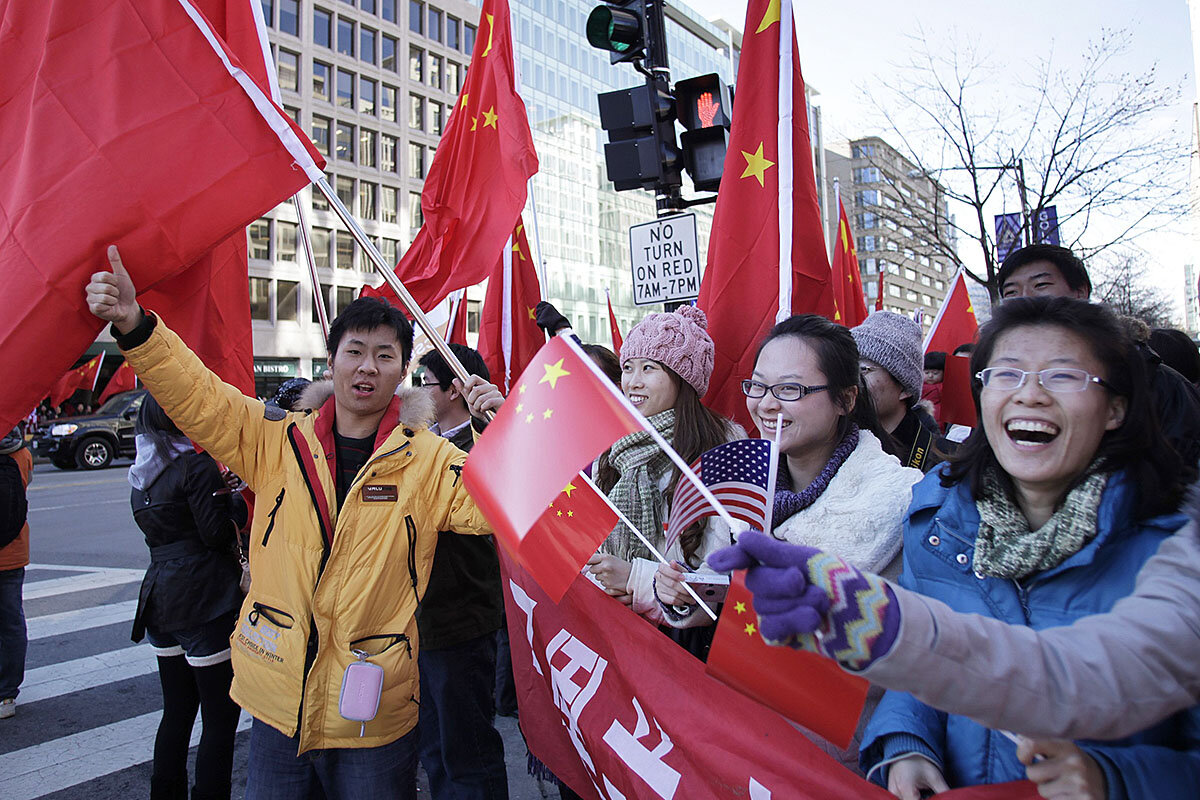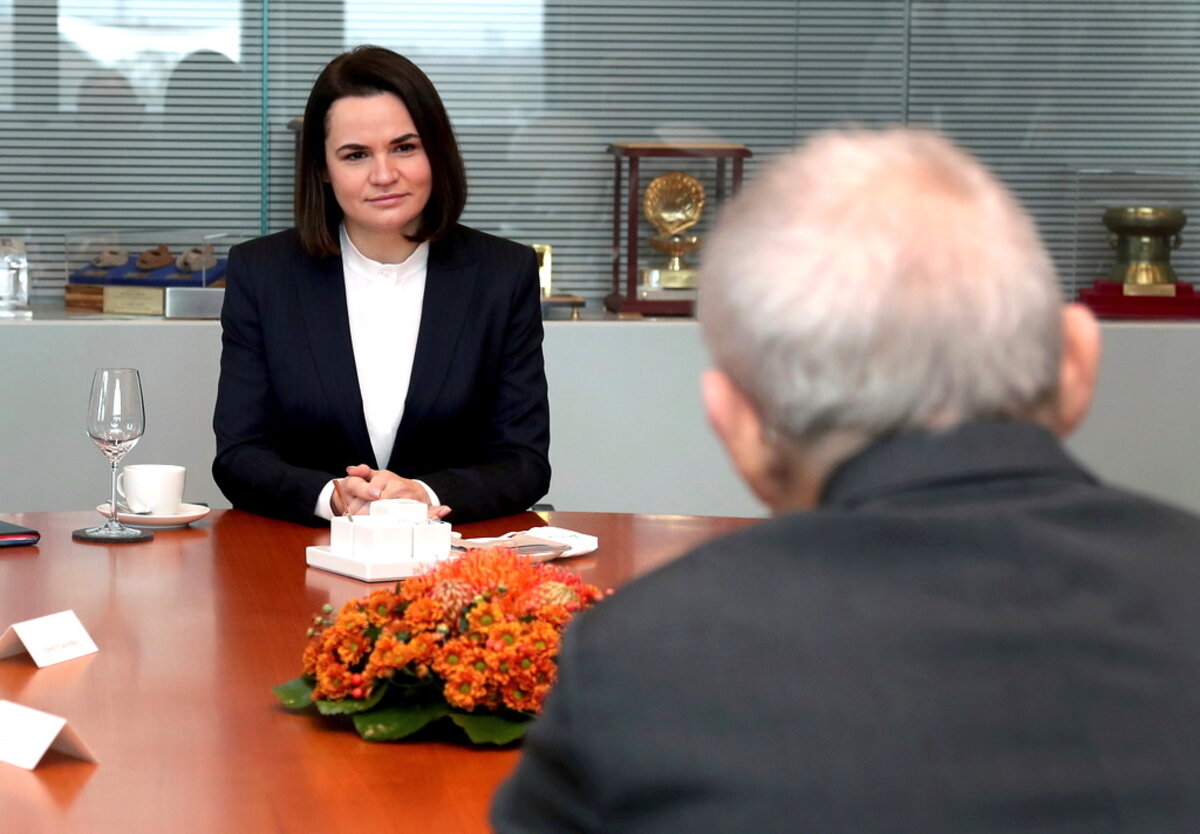The pandemic has put “historic” pressure on renters in the United States. Here we offer a portrait of why it’s so important – to the economy, to health, and to people’s livelihood – to find a solution.
Monitor Daily Podcast
- Follow us:
- Apple Podcasts
- Spotify
- RSS Feed
- Download
 Mark Sappenfield
Mark Sappenfield
The new owners of the Spokane Indians minor league baseball club came to the Spokane Tribe of Indians in 2006 with a question: Should we change our name?
Keep the name, the tribal council said, but change how you think about it.
This week, news broke that the Cleveland Indians baseball team will change a nickname seen as demeaning by many Native Americans. Spokane shows a different path. Today, Spokane’s baseball team is still the Indians, but there are stadium placards explaining tribal history and culture, signage in the local language of Salish, a team logo inspired by a Native artist, as well as a jersey written in the Salish script – so pioneering that a copy is in the Baseball Hall of Fame.
Other teams, such as the Florida State University Seminoles, have taken a similar path – genuinely honoring a tribe, not caricaturing it. In Spokane, a shift in thought changed everything. “You have a choice. You can do it with arrogance and appropriation, or you can do it with humility and collaboration,” designer Jason Klein told Sports Logos News.
The Spokane Tribal Council has called the work a “groundbreaking” example of respect and collaboration. “To see the jerseys in my language means a lot to me personally,” tribal chairman Carol Evans told Indian Country Today in 2015. “It’s important for the people that live in the city of Spokane to know who the original people are.”









